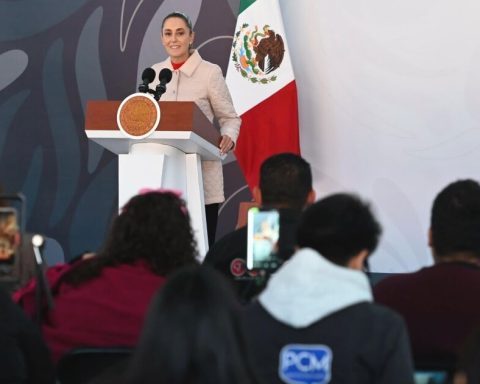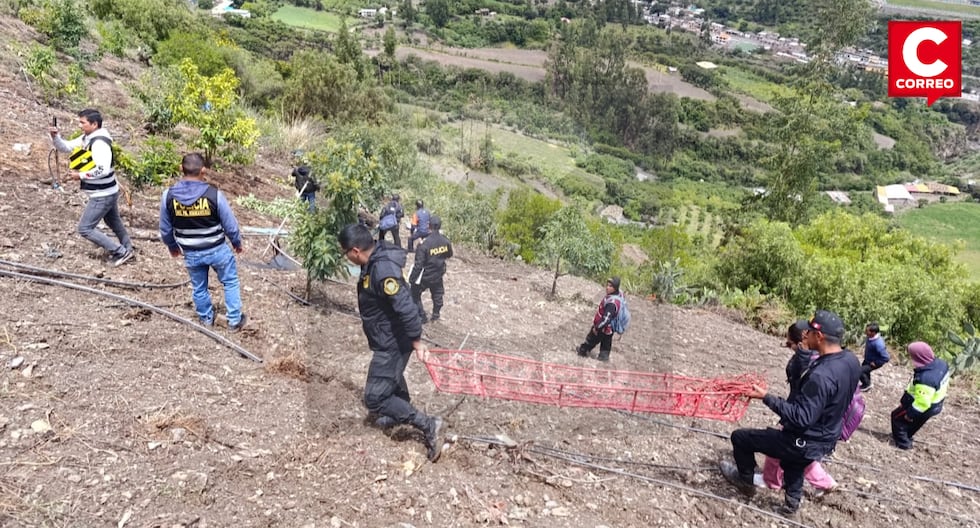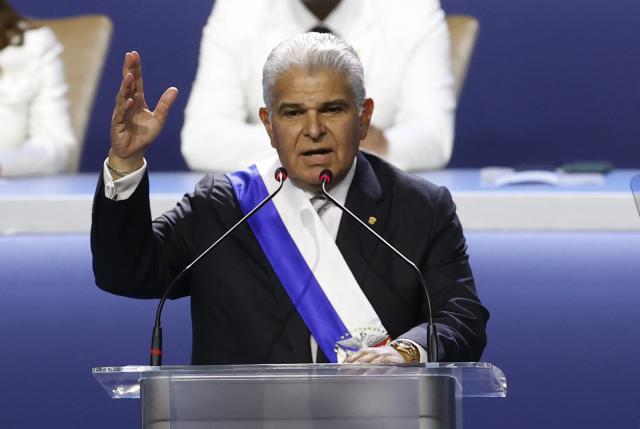Iván Evair Saldaña
La Jornada Newspaper
Monday, January 20, 2025, p. 15
Grupo Elektra began the year by filing new appeals before the Supreme Court of Justice of the Nation (SCJN) that will continue to postpone the resolution of three lawsuits, in which the company is required to pay the public treasury almost 35 billion pesos.
Last year, Ricardo Salinas Pliego’s company promoted three direct appeals under review in which it challenged the payment of tax credits, however, it has blocked its resolution with at least 22 appeals registered until last week, because the projects of the announced ministers do not favor the complainant.
direct protection
The direct protection under review 3842/2024, in the hands of Minister Lenia Batres Guadarrama, entered the Court in May of last year, in which Elektra challenged the payment of federal taxes for 2012, which, according to the togada’s presentation, They reach 67 million 165 thousand 827 pesos.
The other two matters are the largest, the amparo 5654/2024, which entered the Court since August 8, for 1,431 million 466 thousand 606 pesos, a matter turned over to Minister Yasmín Esquivel Mossa, and 6321/2024, entered on August 21, in which the company is claimed to pay 33,306 million 476 thousand 349 pesos for 2013 taxes.
However, before the Court resolves these matters, it must address the 22 appeals, jurisdictional conflicts and requests for impediment that Elektra has filed since last year to date.
The last two appeals for impediment, 1/2025 and 2/2025, reached the Court on January 14, seeking to prevent Minister Lenia Batres and Minister Alberto Pérez Dayán from being prohibited from participating in the voting on other appeals filed by the company.
On January 9, Minister Batres accused Elektra of carrying out a delaying strategy that aims to “prevent the highest court from issuing rulings on the various amparos that it has promoted to avoid payments of federal taxes.
Grupo Elektra argues that the two ministers and one minister in charge of studying their protections are not impartial. The company resorts to the tactic of promoting these resources every time one of the members of the SCJN has already studied the case and presented a draft sentence, thereby preventing for the moment any sentence against it from being approved.
he noted on an information card.














